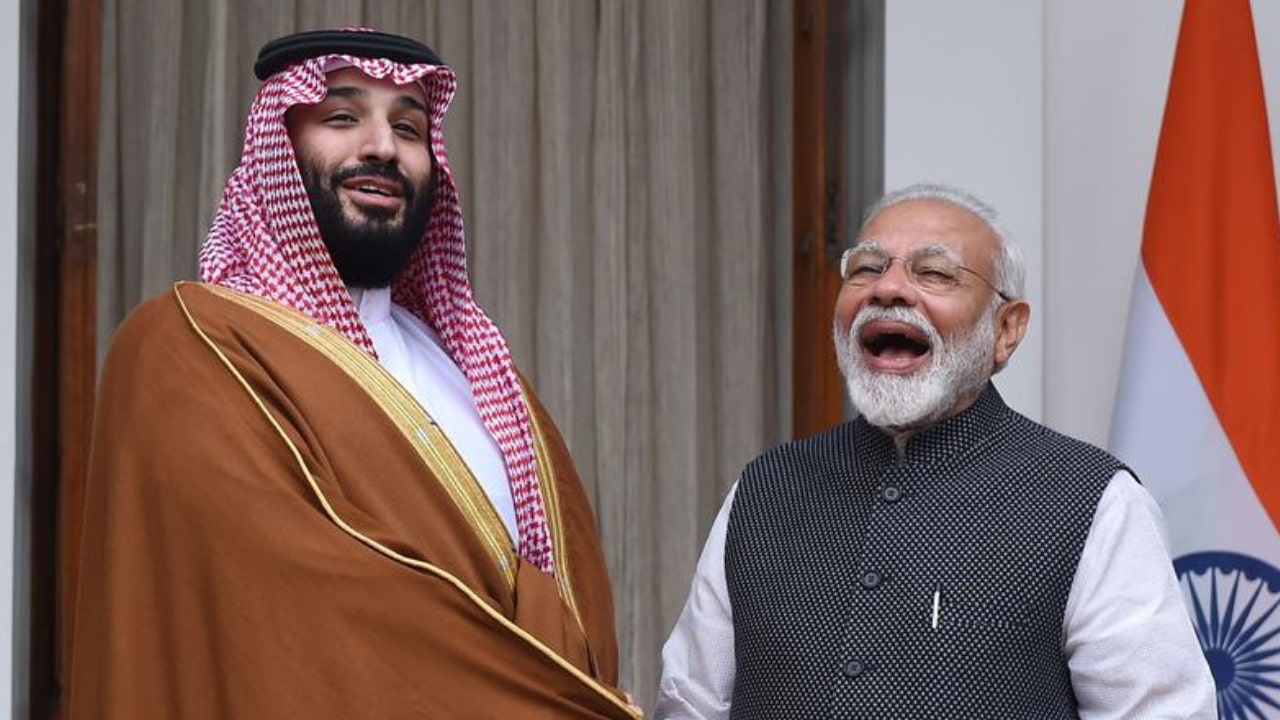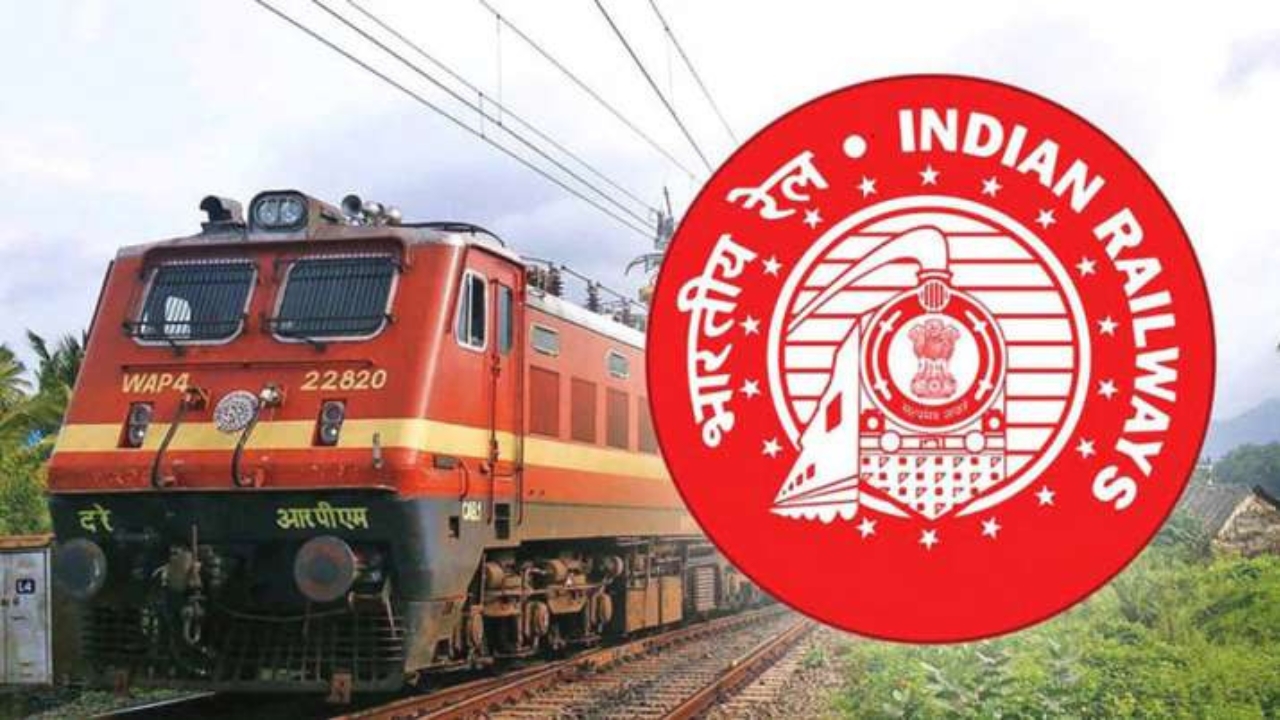The price cap on Russian oil could be $65 to $70 per barrel. The G-7 group and the European Union will soon announce a price cap to crack down on Russia selling oil to India at low prices. In such a situation, it can have an impact on India. For approval on the price cap, the ambassadors of all the countries involved in the European Union met on Wednesday and also proposed the price cap level. The price cap can be announced as soon as approval is given.
According to sources, the European Union is considering capping the price of Russian crude oil between $65 and $70 per barrel. That is, Russia will be unable to sell cheaper or more expensive oil than this. If this price cap is approved, this camping limit will be more than Russia’s production cost. Currently, Russia is selling its crude oil at a discount. This price cap can affect his business.
According to Bloomberg’s report, most G-7 member countries have agreed on a price cap of $65 to $70 per barrel. But some member countries are calling this price cap too high. This price cap is almost equal to the average price at the beginning of the Ukraine war.
Fall In The Price Of Crude Oil
As soon as the news of the proposed cap price came out, there was a decline in the prices of crude oil. The reason for this is being told that the oil companies want to ensure that the cargo (oil-loaded cargo ship) purchased by them is compatible with the prescribed price cap. If the price of oil sold by Russia remains at the current discount level, then Russia can claim that this price cap of western countries has not affected its business.
Russian oil Ural trades at a considerable discount compared to Britain’s Brent. Where the price of Brent oil is around $85 per barrel. At the same time, Russian Ural sells crude oil at only $ 65 per barrel.
Simon Tagliapietra, an expert at a Bruegel think tank, says that the price cap of Russian oil should also equal the price of Brent oil. The current price cap will not hurt Russia much.
Why Price Cap?
The primary purpose of the price cap is to reduce Russia’s income. The economic sanctions imposed on Russia from the west are to reduce Russia’s source of income so that the Russian funds used in the war with Ukraine decrease.
America wants Russia’s presence in the oil market to be present, and its revenue should also be reduced. The result is that the price cap implemented after hard work does not seem very effective against Russia. That is why many European countries, including Poland and the Baltic countries, are pushing for new sanctions on Russia as soon as possible. Most G-7 group countries and the European Union plan to stop importing Russian crude oil.
What Will Be The Effect Of The Price Cap
After the price cap is implemented, if the companies do not buy oil compatible with it, then shipping, insurance and financial assistance will not be given to the companies for that oil. This means the G-7 group wants that the price of oil should not increase in the global market, so Russian oil must remain in the market, but its effort is also to reduce Russia’s income.
The European Union has also added a grace period for countries that violate the price cap. The proposed price cap has been significantly relaxed as a penalty for violation. Instead of the earlier indefinite ban on ships buying oil above the prescribed price, they will now be banned from buying Russian oil for 90 days.
What Will Be The Effect On India
Russia has been selling much oil to India since the Ukraine war. India is getting oil from Russia at a discount, due to which the trade of oil between the two countries continues despite the intense mood of other western countries, including America. It is believed that the price cap imposed on Russian oil will affect India in such a situation.
India will have a similar situation if the price cap remains between 65 to 70 dollars. Because even at this time, the price at which India is buying oil from Russia is probably only around the price cap.
Statement Of Petroleum Minister Of India
India’s Petroleum and Gas Minister Hardeep Singh Puri recently, while answering the questions asked on the price cap, said that there is no pressure on the Government of India regarding the G-7 and the European Union price cap. He said that it would be seen when the price cap is implemented. We are not in any fear or tension regarding this.
However, apart from the statement of the Union Minister, Indian oil companies have stopped ordering crude oil from Russia. Reliance Industries, the world’s largest oil refining company, has not ordered a single Russian cargo after December 5. Bharat Petroleum has also not ordered a single Russian load.
According to sources, Indian companies are cautious, given the danger of action by foreign banks. Naira, a 49 per cent owned company by Russia and Rosneft, continues to buy oil from Russia. The result of this is that foreign banks have banned transactions with Naira. Naira is now able to transact only with Indian banks.









